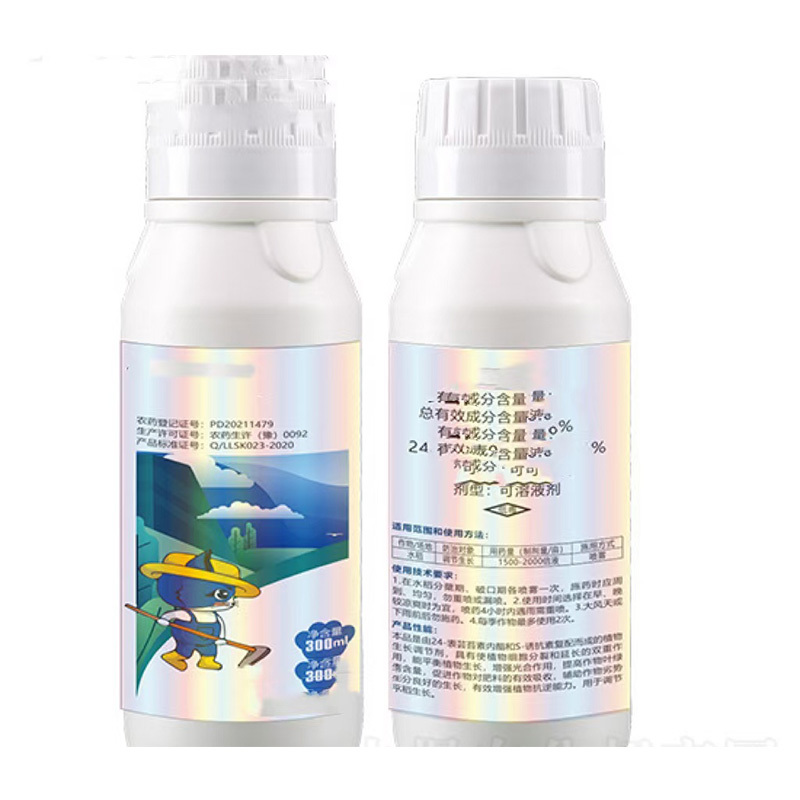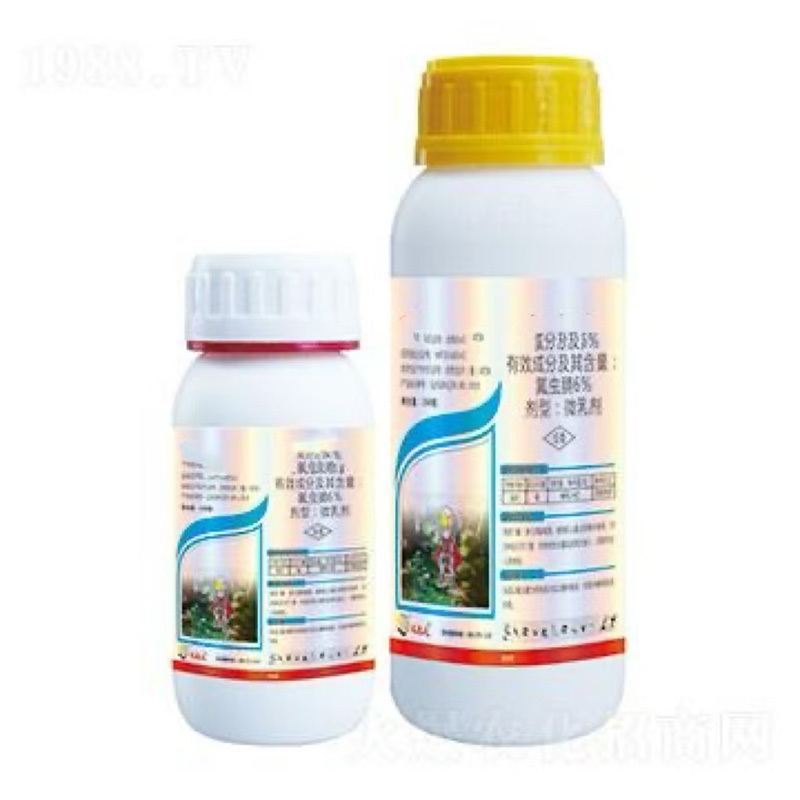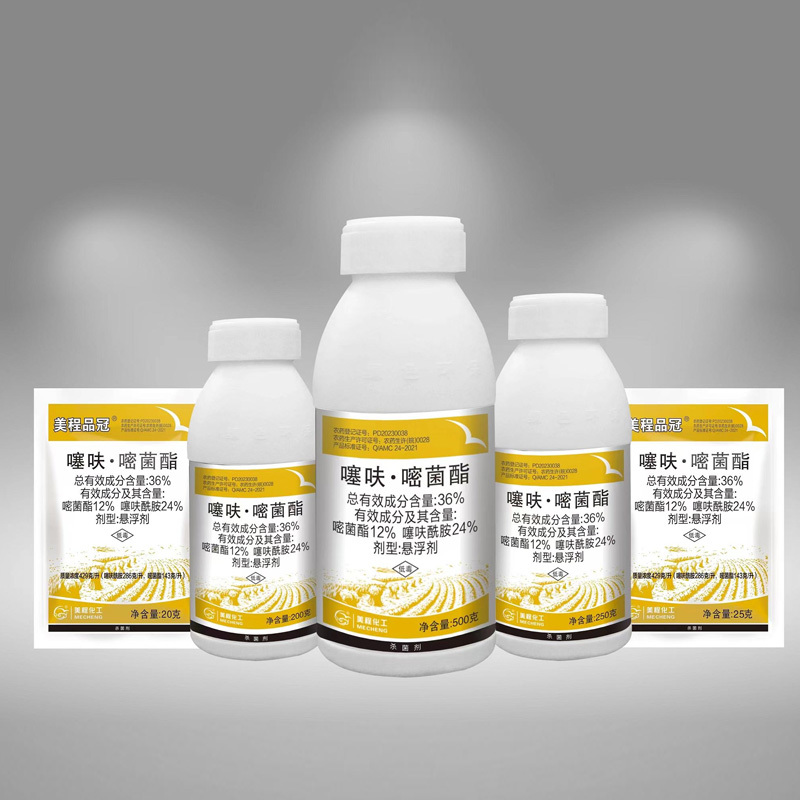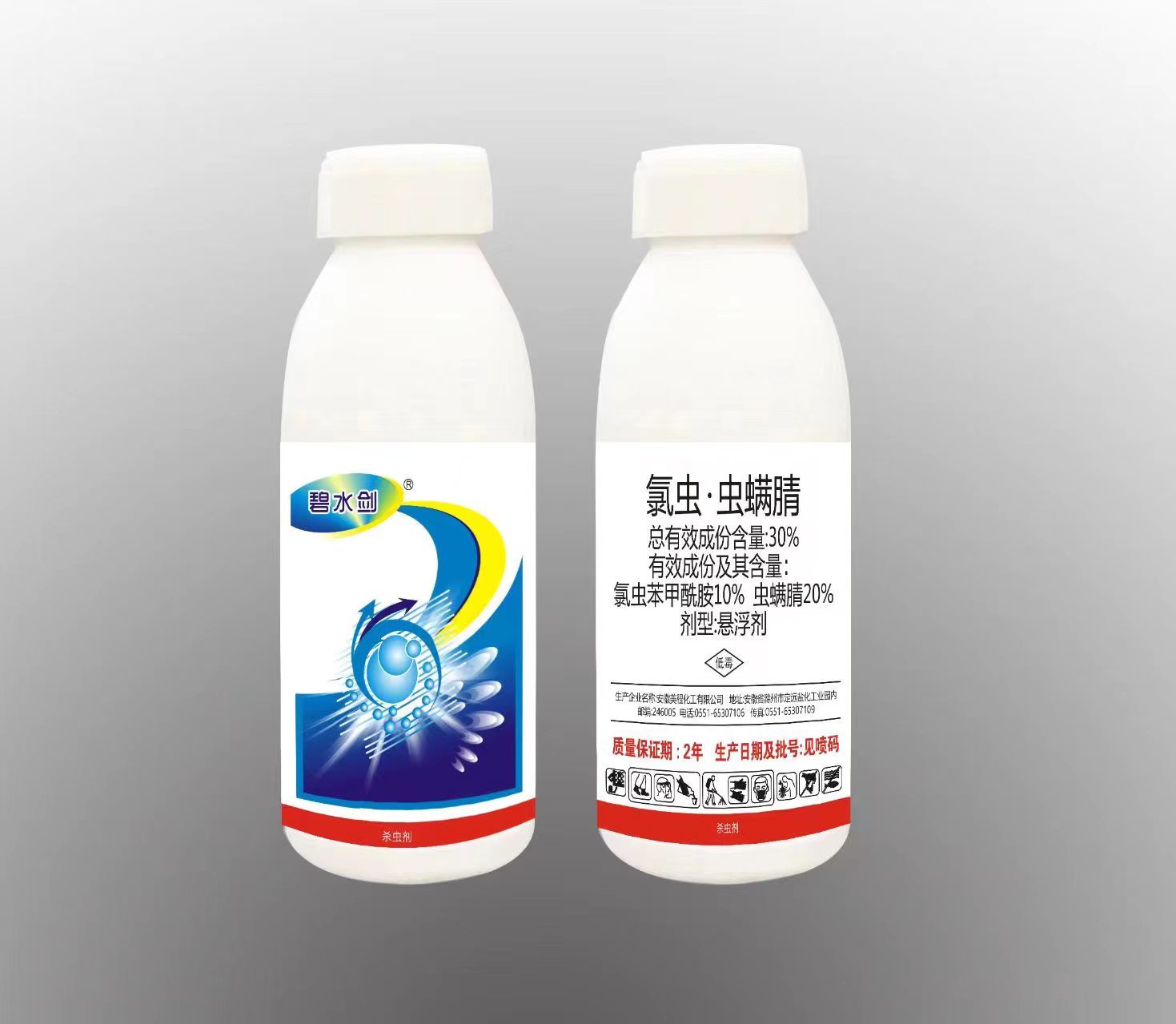-
-
-
News & Publication
-
News & Publication
Harnessing Nature: The Power of Biological Pest Control Agents in Agriculture
Time
2025-08-04
Biological pest control agents are vital tools in modern sustainable agriculture, offering effective and eco-friendly alternatives to traditional chemical pesticides. These agents utilize natural predators, parasites, or pathogens to manage pest populations, thereby reducing the reliance on synthetic chemicals. As the agricultural sector faces increasing pressure to adopt sustainable practices, un
One of the primary benefits of using biological pest control agents is their specificity. Unlike broad-spectrum chemical pesticides that can harm beneficial insects and disrupt ecological balance, biological agents target specific pests, minimizing collateral damage to non-target organisms. This selectivity not only protects beneficial species but also supports biodiversity, contributing to healthier ecosystems.
There are several categories of biological pest control agents, each playing a unique role in pest management. Predators, for example, are organisms that hunt and consume pest species. Ladybugs and lacewings are classic examples, effectively controlling aphid populations. Parasitoids, on the other hand, lay their eggs in or on the host pest, ultimately leading to the pest’s demise. Common parasitoids include certain wasps that target caterpillars and other insects.
Additionally, pathogens such as bacteria, fungi, and viruses can significantly reduce pest populations. For instance, the bacterium Bacillus thuringiensis (Bt) produces toxins lethal to specific insect larvae, offering a natural and effective way to manage pest outbreaks. Furthermore, entomopathogenic fungi can infect and kill various pests, providing another layer of biological control.
Implementing these agents in agricultural practices not only promotes pest control but also enhances the overall health of crops. Healthy plants are more resilient to pests and diseases, ultimately leading to higher yields and better quality produce. Moreover, integrating biological pest control agents into pest management can reduce the development of pesticide-resistant pest populations, a growing concern in modern agriculture.
Farmers and agriculturalists looking to adopt biological pest control methods should consider a few key factors. First, it’s essential to identify the specific pests affecting crops and research the most effective biological agents for those pests. Additionally, understanding the local ecosystem and existing biodiversity will help in selecting the right agents that can thrive and function effectively in the environment.
In conclusion, biological pest control agents offer a sustainable and effective approach to managing pest populations in agriculture. By harnessing the power of nature, farmers can protect their crops while promoting environmental health and biodiversity. As the agricultural landscape continues to evolve, embracing biological pest control methods will be crucial for achieving sustainable agricultural practices.
Latest News

Email:
Address 1 : Salt-chemical Industrial Zone, Dingyuan County, Chuzhou, Anhui Province, China
Address 2 : 19F, Block A, Zheshang Building, Science Avenue, Hefei City, Anhui Province, China
Leave Message
We will contact you within one working day. Please pay attention to your email.
COOKIES
Our website uses cookies and similar technologies to personalize the advertising shown to you and to help you get the best experience on our website. For more information, see our Privacy & Cookie Policy
COOKIES
Our website uses cookies and similar technologies to personalize the advertising shown to you and to help you get the best experience on our website. For more information, see our Privacy & Cookie Policy
These cookies are necessary for basic functions such as payment. Standard cookies cannot be turned off and do not store any of your information.
These cookies collect information, such as how many people are using our site or which pages are popular, to help us improve the customer experience. Turning these cookies off will mean we can't collect information to improve your experience.
These cookies enable the website to provide enhanced functionality and personalization. They may be set by us or by third-party providers whose services we have added to our pages. If you do not allow these cookies, some or all of these services may not function properly.
These cookies help us understand what you are interested in so that we can show you relevant advertising on other websites. Turning these cookies off will mean we are unable to show you any personalized advertising.
This website already supports IPV4/IPV6 bidirectional access





